Building Digital Citizens: How Schools Are Teaching Kids to Navigate the Online World
How schools are teaching digital citizenship to prepare students for a world where nearly half of teens are online
Expert guides and insights to help you navigate school choices, college admissions, financial aid, and your child's education journey.
How schools are teaching digital citizenship to prepare students for a world where nearly half of teens are online

A research-based look at how sports participation affects academic performance, mental health, and social development in K-12 students, including guidance on avoiding burnout and addressing equity gaps.

A practical, pick and do guide for families who want learning that feels like play. Includes activity menus by age, weekly routine templates, and quick resources.

How families can reach a top university for far less money without losing time, credits, or confidence. A guide to the community college transfer pathway.

How the rise of generative AI, automation, and data driven work is reshaping what schools should teach, and why the most valuable credential may be the ability to keep retooling.

Research-backed guidance for families navigating the unregulated college coaching industry. Learn what credentials signal quality, red flags to avoid, and what to expect from coaching services.

The 2025 cycle looked less like a tidy decision season and more like a market that kept clearing after the bell. Here is what is driving it, how the mechanics actually work, and how parents can protect both options and sanity.

College admission has become a forensic art. The traditional signals still exist, but many of them have been scrambled, softened, or strategically arranged. Here
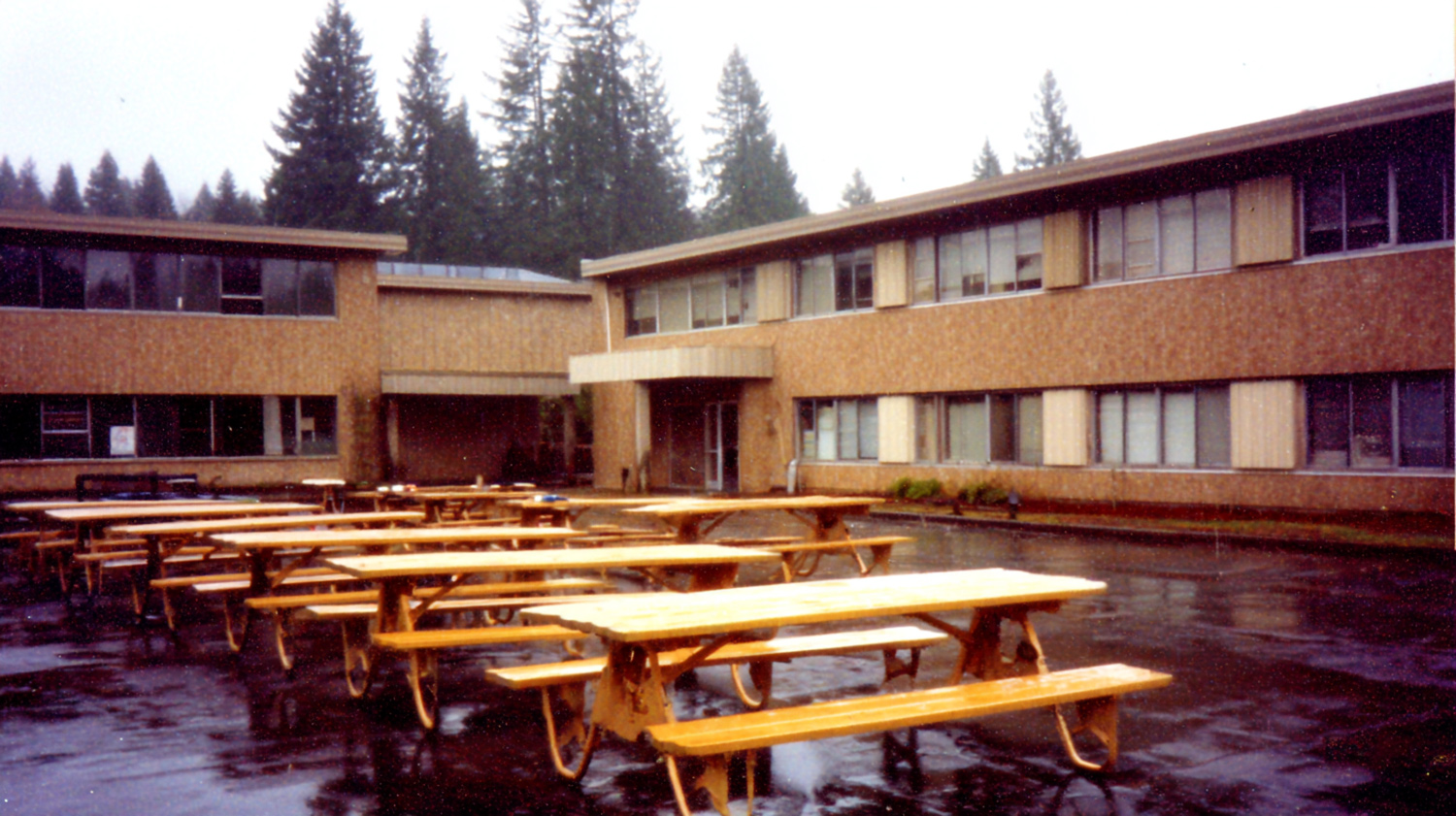
How Gen Z is embracing vocational schools and skilled trades as an alternative to college, amid a growing labor shortage and changing attitudes about career paths.

What parents of children with IEPs need to know about charter schools, including legal rights, essential questions to ask, warning signs, and recourse when problems arise.

Sleep deprivation among children and teens is widespread—and the consequences extend far beyond grogginess. Here

Understanding the application process, lottery systems, and what it takes to get into magnet schools across the United States.

Why the numbers matter, why they don
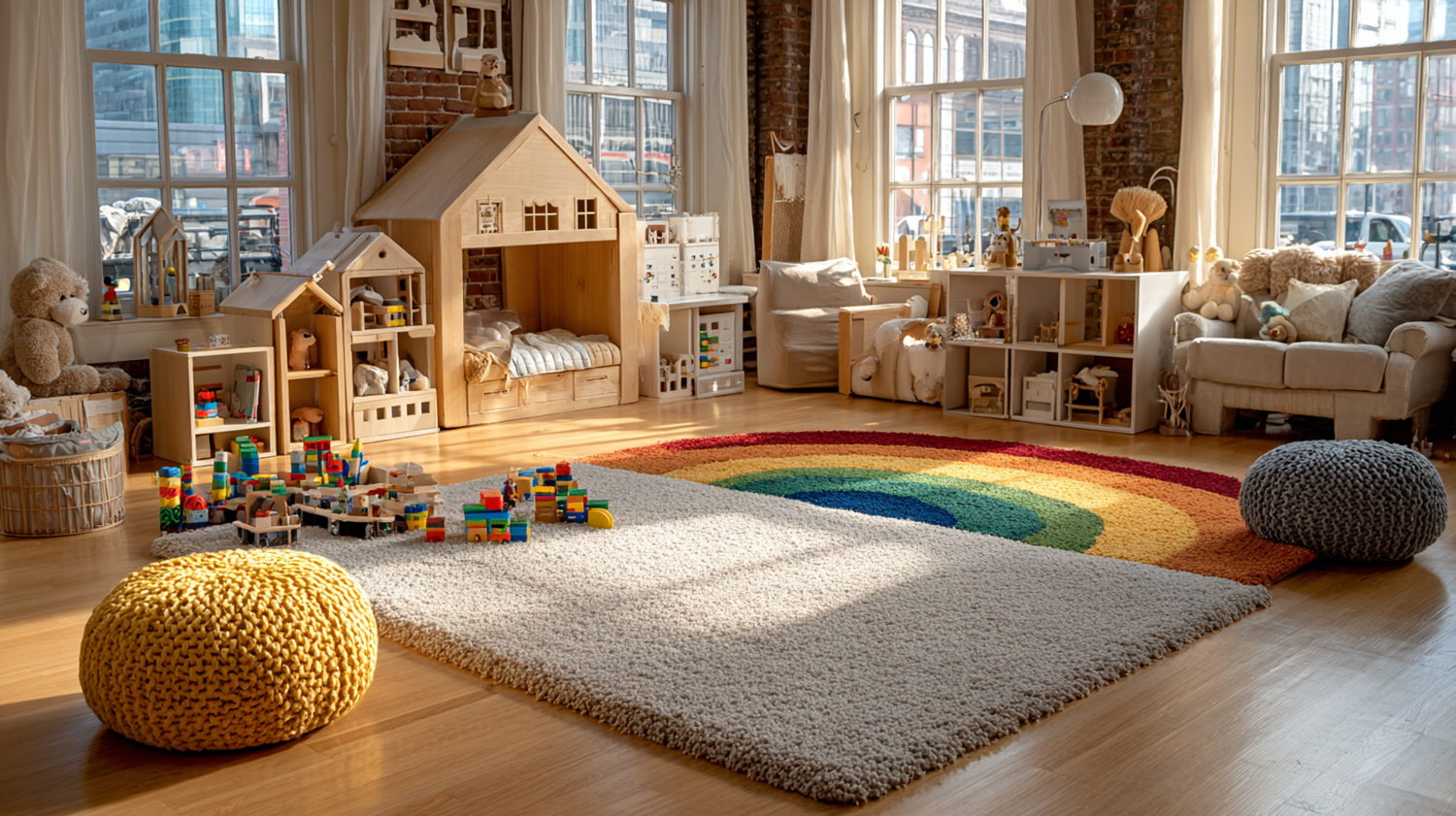
The research is promising but complicated. What actually matters is finding the right fit for your particular child.
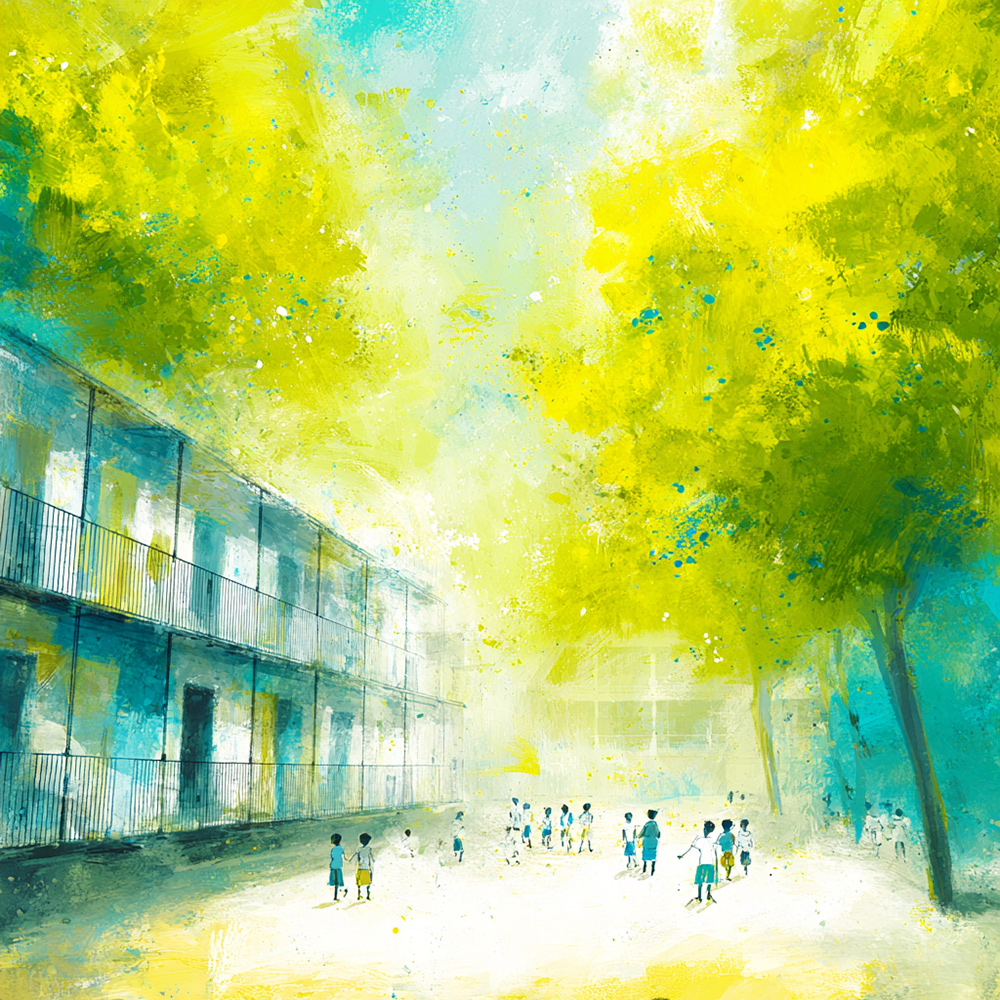
A comprehensive guide to school choice in America, explaining charter schools, magnet programs, vouchers, and what the research says about their effectiveness.

Why your 4.3 weighted GPA might mean less than you think—and why a 3.8 with the right courses could mean more. A guide for families navigating GPA calculations and college admissions.

A comprehensive analysis of fellowships, assistantships, employer benefits, federal loans, and strategic approaches to minimizing graduate school debt.

What research says about academic redshirting—and what it means for your child. A comprehensive look at the evidence behind holding children back a year before kindergarten.

Bullying can start quietly, years before the word ever shows up in a school handbook. Here is what the research says, what parents tend to miss, and how to respond in ways that protect your child.

A research-informed guide to spotting red flags—not to discourage choice, but to make it wiser.

What really matters when choosing a preschool—and how to find it. A comprehensive guide for parents on evaluating early childhood programs.

A practical guide for navigating rejection, exploring alternatives, and finding the right path forward for your child.

What parents need to know about undecided students and career-connected degrees in an AI-shaped job market.
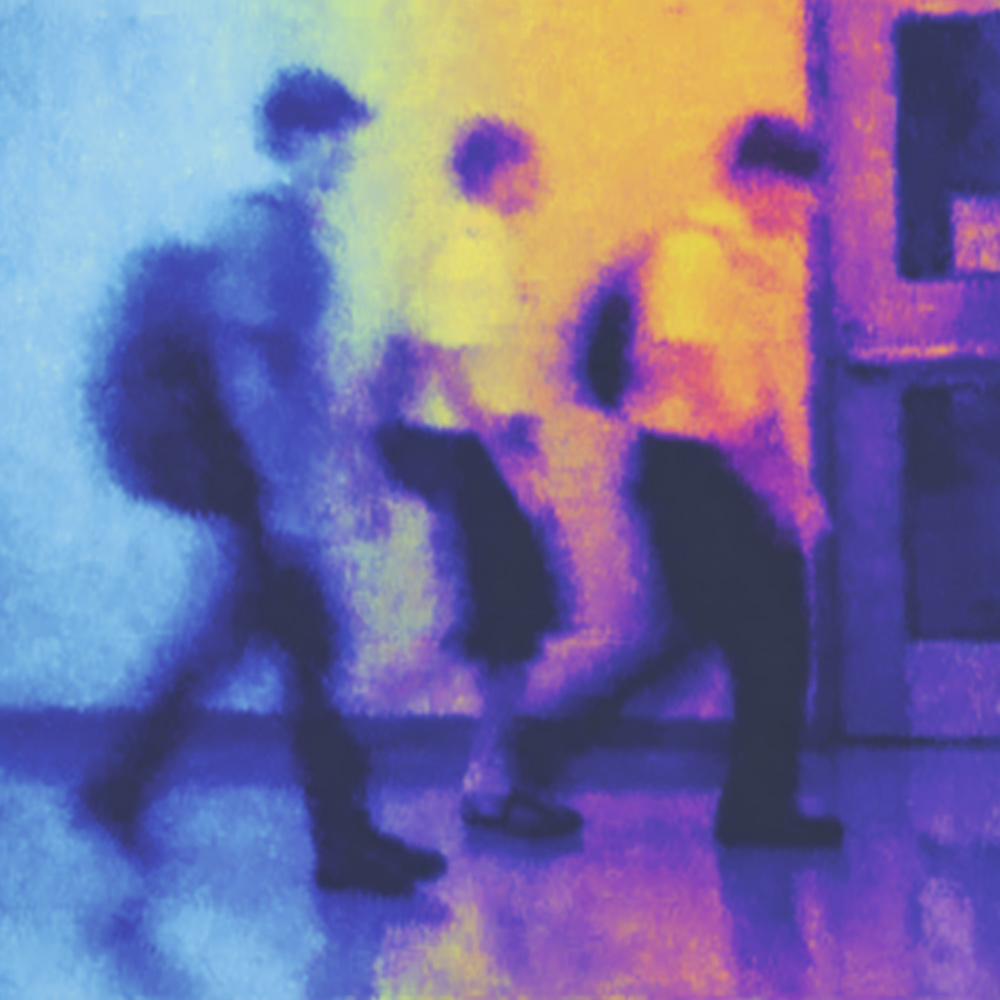
A comprehensive guide to magnet school lottery systems, explaining how random selection works, weighted preferences, waitlist dynamics, and strategies for managing the process.

A guide to writing authentic college application essays that reveal genuine self-knowledge in an age of AI.

Understanding magnet school transportation policies, challenges, and what families need to know about getting students to specialized programs.

Finding the right elementary school means looking beyond test scores to understand how a school

The complete 2025 guide for parents covering kindergarten entrance age requirements for all 50 states, including recent policy changes, early admission processes, and practical guidance for families.

A comprehensive guide for parents comparing public and private schools, covering costs, performance, class size, special needs, and how to make the right choice.
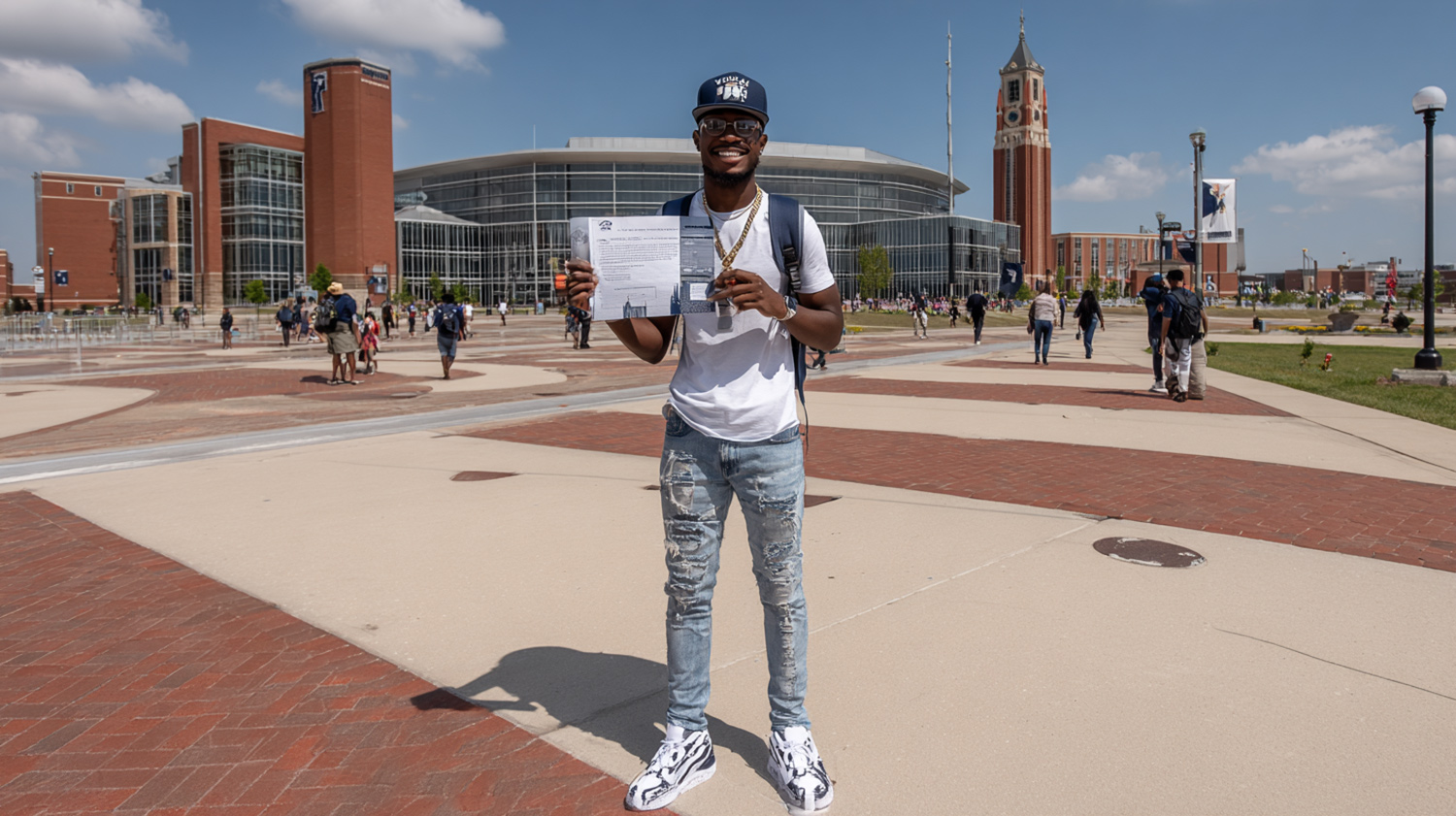
Major changes under the One Big Beautiful Bill Act reshape federal aid—here
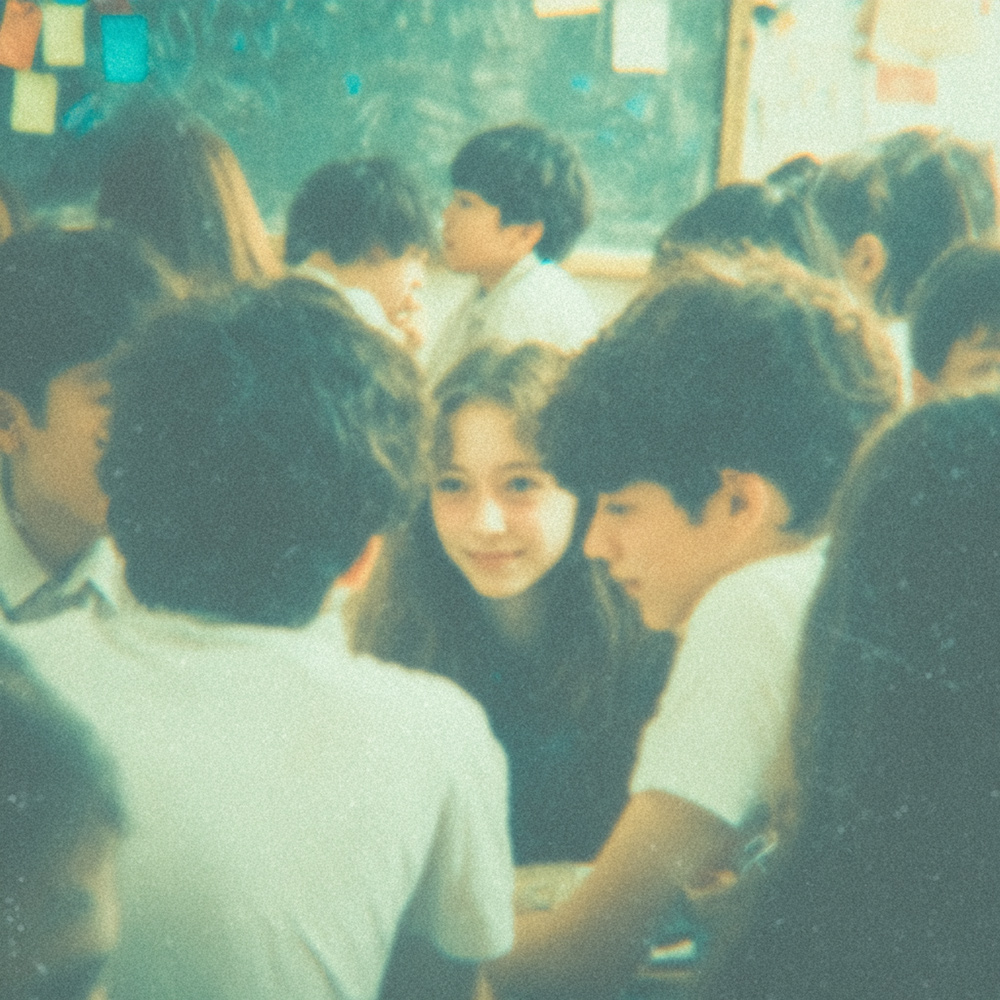
How career and technical education is transforming American high schools, giving students real-world skills and clarity about their futures.
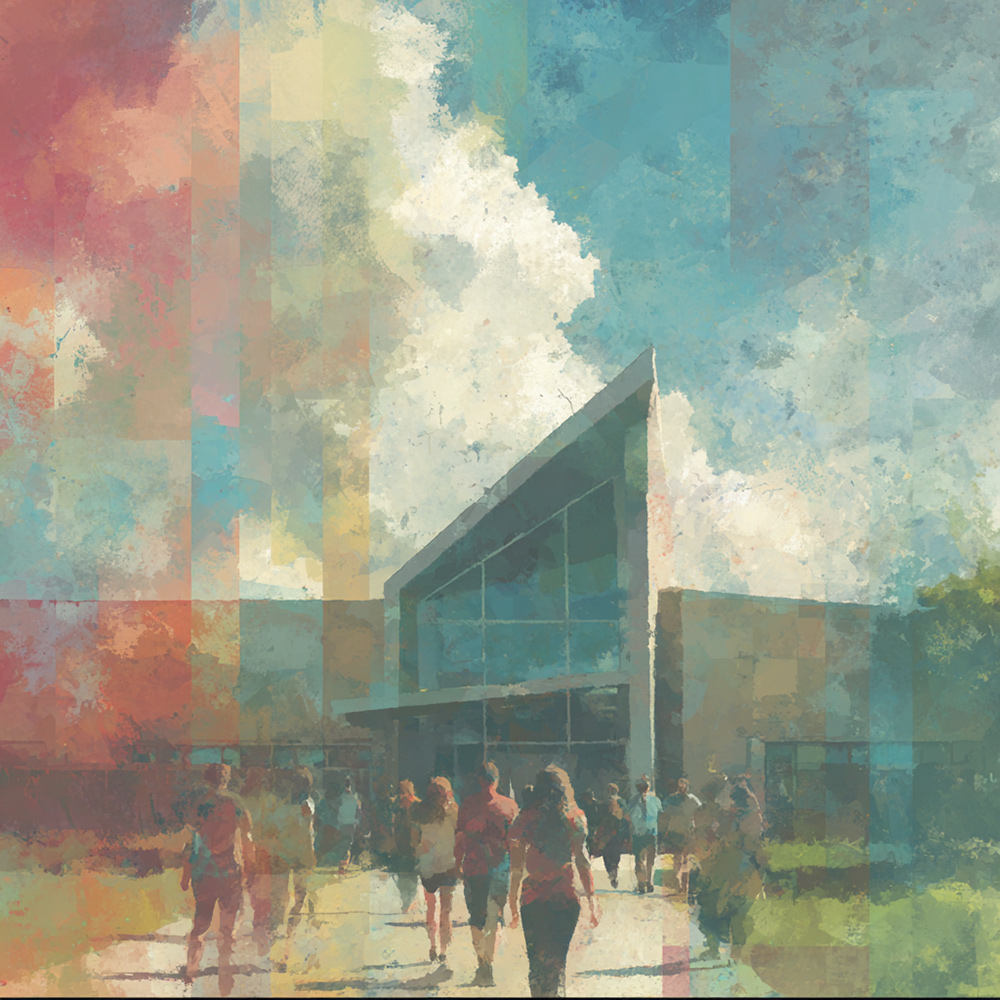
A practical guide for parents on evaluating schools, understanding ratings, and finding the best educational fit for their child.

What parents need to know about kindergarten separation anxiety—in children and in themselves. Understanding the psychology behind drop-off struggles and strategies that actually help.

Federal policy overhauls, servicer meltdowns, and fintech disruption are forcing a fundamental rethinking of how Americans finance higher education.

A definitive guide to the two federal frameworks that provide support for children with learning differences—how they work, what they provide, and how parents can navigate each system effectively.

A comprehensive guide to magnet schools covering their history, program types, how they differ from charter and private schools, and the application process.

A comprehensive guide for parents on magnet schools, explaining how they work, the types available, admission processes, and how to find the right fit.
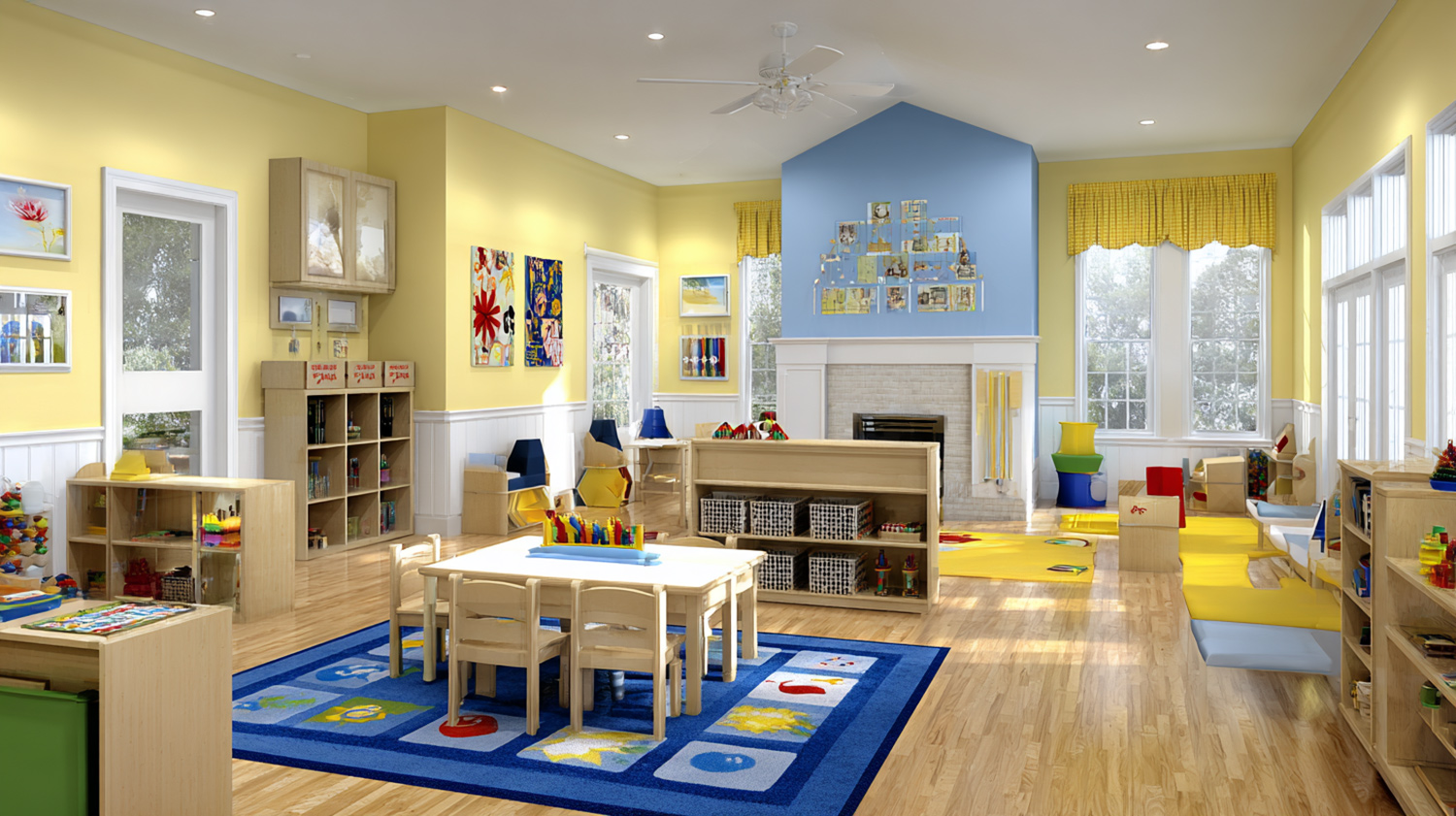
The search for the right early learning environment is more nuanced than checklists suggest—and more forgiving than anxious parents might fear.

A guide for parents on preparing children for a future where AI handles routine tasks, focusing on critical thinking, creativity, and human skills.

A comprehensive guide to understanding how charter school lotteries work, from preference categories and unified enrollment systems to waitlists and strategic approaches.

Understanding the neuroscience, psychology, and practical strategies behind one of childhood

A comprehensive comparison of magnet schools, charter schools, and neighborhood schools, covering governance, admissions, transportation, academics, and what matters for your family.

Before you enroll your child in a charter school, here

From 13 credits in Wyoming to 26 in Texas, the requirements for a high school diploma vary dramatically across the country. Understanding your state

A warm, research-informed field guide for school tours. Learn what questions to ask, what to look for, and how to evaluate whether a kindergarten is right for your child.

A comprehensive guide to understanding the spectrum of magnet school admissions—from open-access lottery systems to highly competitive criteria-based and audition programs.

The research on what actually matters in early childhood education—and how to find it during a 30-minute tour.

An in-depth look at declining physical activity among American children, the health consequences, and what parents and schools can do about it.

Navigating the path from early concerns to an IEP—and learning to advocate for your child along the way.

For millions of American families, the path to college has become a labyrinth of forms, formulas, and financial gambles. A guide to navigating the maze.

Research shows that the quality of teacher-child relationships matters more than educational philosophy. Here

How strategic timing, algorithmic matching, and data-driven decisions have transformed the path from high school junior to college freshman.

What parents need to know about cyberbullying in middle school and how to help when the harassment never seems to stop.

From FAFSA modernization to AI-powered scholarship matching, the infrastructure of financial aid is undergoing its most significant transformation in decades.
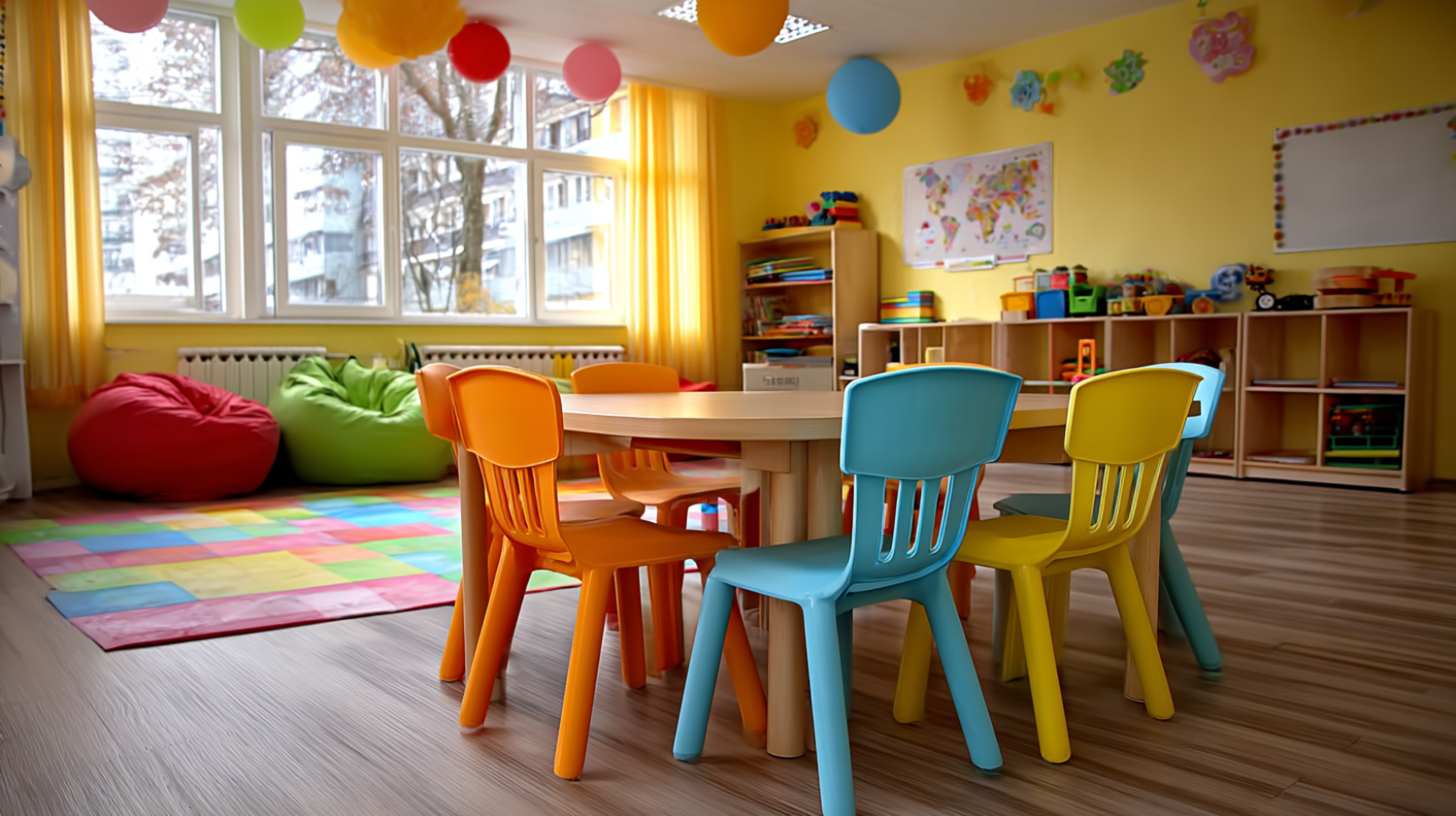
A comprehensive guide to California

A comprehensive guide for parents considering charter schools, covering how they work, admissions, funding, and tips for evaluation.

The question isn

A complete readiness checklist covering the seven key domains of kindergarten readiness, with specific milestones, activities to build skills, and red flags that warrant professional attention.

The emerging stack behind college and graduate funding—how discovery, eligibility, verification, and review are being transformed by technology.
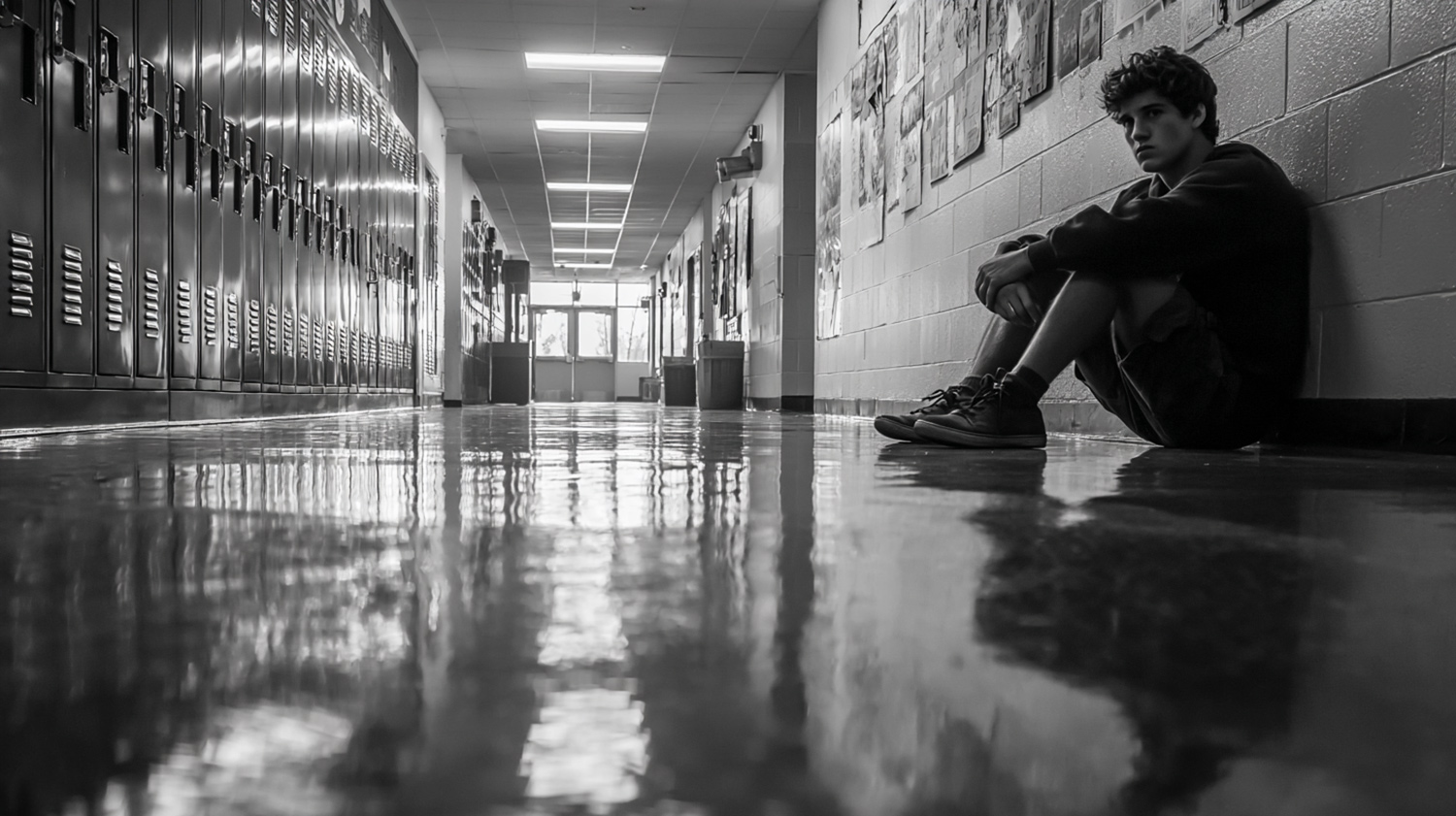
Understanding the warning signs of teen mental health struggles—and what parents can actually do about them. A guide for families navigating adolescent anxiety and depression.

A parent

A guide for parents on STEM schools, explaining what they are, how they work, and how to determine if one is right for your child.

Nearly 23 million children whose parents want them in after-school care cannot get it. For those who can, the right program might matter more than we thought—and finding it is harder than it should be.

How Many to Take, Which Ones Matter, and What Colleges Really Want. A technical analysis of the Advanced Placement system and its role in college admissions.

More law schools than ever accept the GRE, but applicant behavior tells a more complicated story. Here

A national map of a process that often feels like a maze, plus the parts you can actually control.

What the research shows about how children learn to read, why

What six decades of research actually tells us about early childhood education—the benefits, the limits, and what it means for your family.

Your child probably doesn
No articles found in this category.